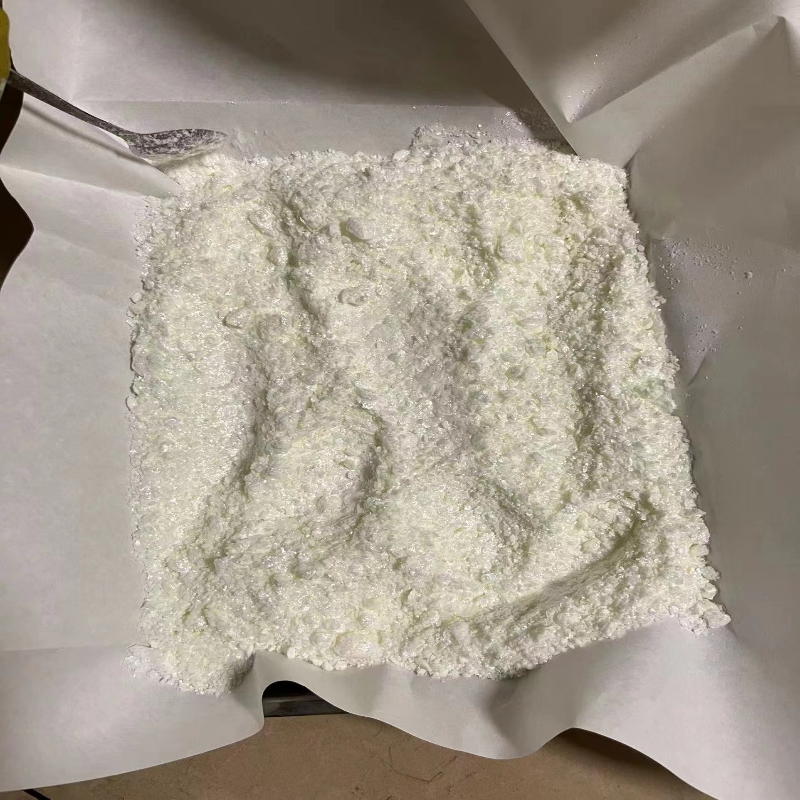-
Categories
-
Pharmaceutical Intermediates
-
Active Pharmaceutical Ingredients
-
Food Additives
- Industrial Coatings
- Agrochemicals
- Dyes and Pigments
- Surfactant
- Flavors and Fragrances
- Chemical Reagents
- Catalyst and Auxiliary
- Natural Products
- Inorganic Chemistry
-
Organic Chemistry
-
Biochemical Engineering
- Analytical Chemistry
-
Cosmetic Ingredient
- Water Treatment Chemical
-
Pharmaceutical Intermediates
Promotion
ECHEMI Mall
Wholesale
Weekly Price
Exhibition
News
-
Trade Service
Affected by soaring natural gas prices, the world's largest chemical company, German chemical giant BASF, will cut ammonia production, or affect the agricultural and food industri.
It is reported that natural gas is a key raw material for European fertilizer and chemical producers to manufacture nitrogenous fertilizers such as synthetic ammonia, urea and nitra.
Germany's largest ammonia maker, SKW Piesteritz and .
Fertilizer giant Yara, which operates Germany's third-largest ammonia production base in the northern town of Brunsbuettel, said its ammonia production across Europe was now 27 percent below capacity due to soaring gas pric.
Not only Germany, but the European fertilizer giant Yara International (YARA) also said not long ago that due to rising natural gas prices, it has cut the production capacity of several plants, cutting ammonia production capacity by 3 million tons and urea production capacity by 7 million to.
On July 26, EU energy ministers approved a proposal for all countries to voluntarily cut their natural gas use by 15% from the 2017-2021 average between August this year and March next ye.
Reuters said that high-purity carbon dioxide (CO2) will be by-produced in the ammonia production process, which will be supplied to the meat and carbonated beverage indust.
In the northern hemisphere, nitrogen fertilizer is mainly applied in spring, and it can also be produced in the.
As the most important raw material for the German chemical industry, this "gas-cut" crisis may have a greater impact on the indust.
Jasmen Fahimi, president of the German Trade Union Confederation, warned that cuts in Russian gas supplies could lead to the collapse of a wide range of German industries, including aluminum, glass and chemica.
Raw syngas production lines, mixtures of carbon monoxide and hydrogen, and basic petrochemical acetylene are also candidates for cuts in natural gas, the BASF chief executive sa.
Previously, BASF issued several warnings that if the supply of natural gas falls below 50% of the maximum demand, BASF will have to reduce or even completely close its base in Ludwigshafen, Germa.
According to a report released by BASF on July 27, in the first half of 2022, the company achieved revenue of 4058 billion euros, a year-on-year increase of 16%; net profit was 311 billion euros, a year-on-year decrease of
BASF expects sales in fiscal 2022 to be between EUR 86 billion and EUR 89 billion, EBIT before special items between EUR 8 billion and EUR 2 billion, and a reduction in CO2 emissions to between 14 million and 14 million to.
BASF said that under the circumstance that Russia's natural gas supply restrictions may bring production stoppage risks to major European production bases, the loss of production capacity in Europe can be partially compensated by increasing the capacity utilization rate of production bases outside Euro.
Founded in 1865, BASF is one of the largest chemical companies in the wor.







